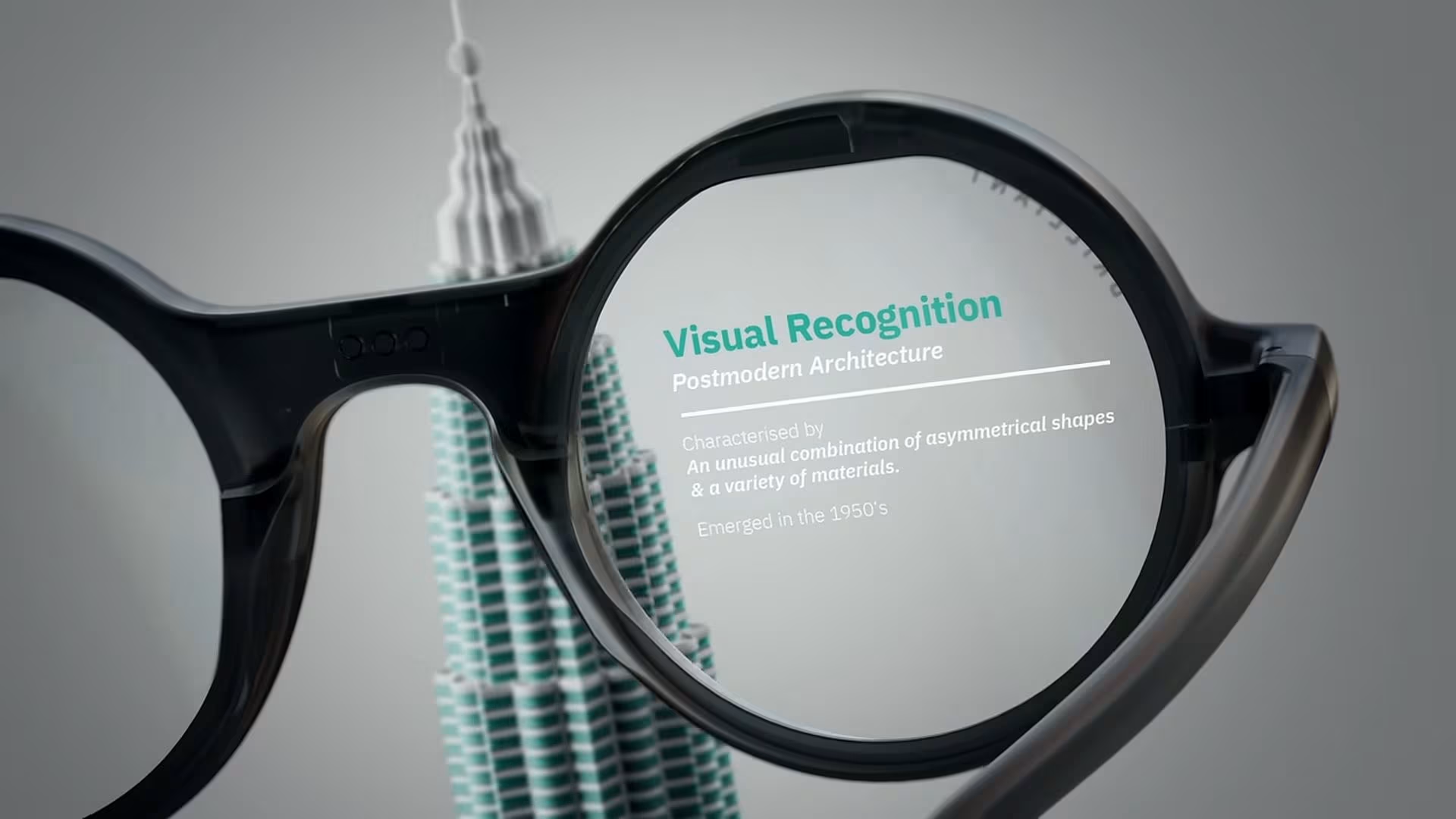Artificial intelligence (AI) and robotics are transforming the landscape of brain and other delicate surgeries, offering unprecedented precision and minimally invasive approaches. These technological advancements are enhancing surgical outcomes and patient safety across various specialties.
Neurosurgery Innovations
In neurosurgery, AI-powered robots like MicroNeuro are breaking new ground. Developed by the Centre for Artificial Intelligence and Robotics (CAIR) in Hong Kong, MicroNeuro uses a flexible endoscope to reach targeted locations through natural brain cavities, reducing brain tissue damage by at least 50% compared to traditional methods.This system integrates AI, precision control, and flexible endoscopy to overcome the challenges posed by fragile brain tissue and limited surgical space.
Enhanced Visualization and Decision-Making
AI algorithms are improving pre-operative planning and intra-operative guidance. These systems can analyze neuroradiological images to detect subtle abnormalities that might escape human detection. During surgery, AI provides real-time guidance by analyzing intraoperative imaging and tracking the surgeon’s movements, offering valuable insights for decision-making.
Robotic Precision in Various Specialties
The benefits of AI and robotics extend beyond neurosurgery. In fields like oral and oropharyngeal surgery, AI models using fiber-based fluorescence lifetime imaging can generate heatmaps of probable cancer locations, guiding surgeons during tumor excision.Similarly, in orthopedics, AI-enhanced robotic systems are improving the accuracy of joint replacements and spinal surgeries.
Future Prospects
As AI and robotics continue to evolve, we can expect even more sophisticated surgical systems. These may include fully autonomous robots capable of performing certain surgical tasks independently, further reducing human error and improving patient outcomes. However, it’s important to note that while AI and robotics are powerful tools, they are unlikely to replace human surgeons entirely, as complex decision-making and adaptability in unexpected situations remain uniquely human skills.




